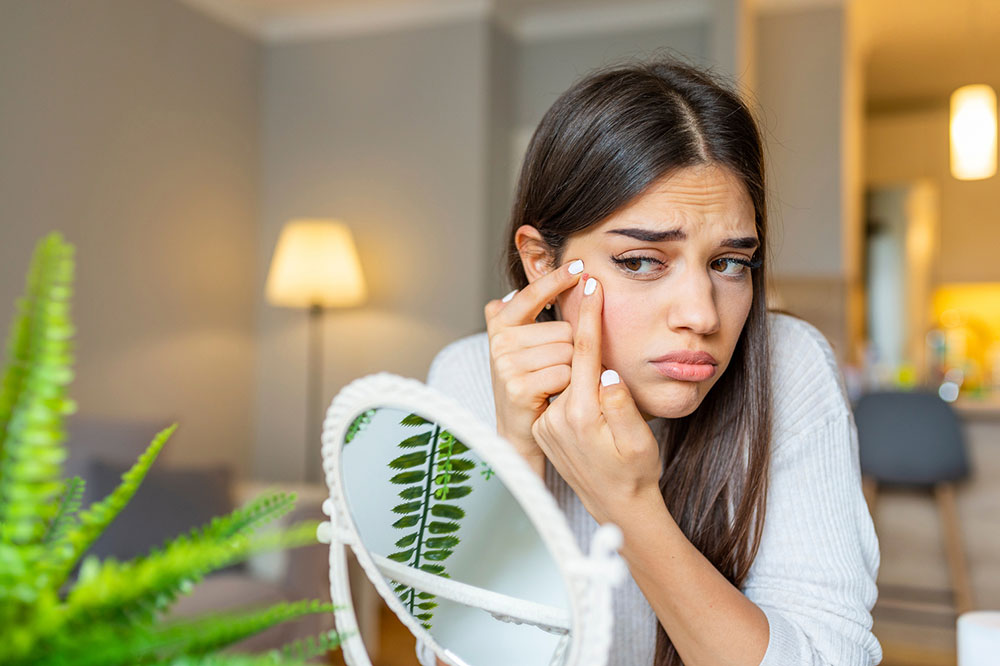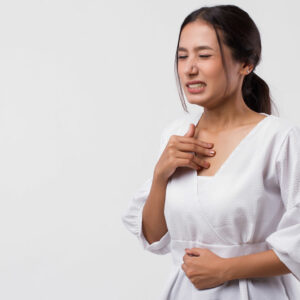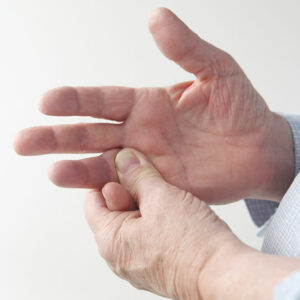Avoid these 6 common mistakes to prevent skin diseases

Skin diseases are conditions that affect our skin. They cause rashes, inflammation, irritation, and itchiness, affect your complexion, and lead to other changes in the skin. Some skin diseases can be genetic in nature, while others may result from lifestyle and environmental factors. There are many treatment options to tackle various skin conditions and their symptoms. But, you can always support the treatment by avoiding certain things. Read on to learn more.
High intake of deep-fried foods
Deep-fried foods taste incredible, and there is no denying that. But, these foods can take a toll on your skin, especially if you have a skin disease. Oily foods like fish and chips, chicken croquettes, and patties can increase the production of oil in the skin, which can change your complexion and lead to acne breakouts, irritation, and even allergies in worse cases. Also, hydrogenated fats are found in deep-fried foods. You can instead try healthier options like baked foods.
Not adding enough healthy fats to the meals
One of the most common mistakes many individuals make when tackling skin diseases and improving skin health is ignoring the right foods. Remember that not all fats present in foods are bad for you. Some are, in fact, necessary to build your immune system and maintain your overall health. Healthy fats such as omega-3 fatty acids can help your skin. They can prevent fine lines and reduce wrinkles. They can also tackle inflammation in the body leading to fewer allergic reactions, irritations, dry skin, swellings, and more.
Not washing your face
If you’re someone who has a skin disease or condition, you need to understand the importance of hygiene and cleanliness. Washing your face twice a day with warm water and mild soap/facewash can help remove dirt and dust from the skin. It can also reduce the oil from the skin and prevent acne, itching, and more. You also must wash your body at least once a day to avoid itchiness and dirt build-up, which can lead to skin infections.
Popping pimples and acne
If you have acne and pimple breakouts, you need to ensure that you do not pop any of your pimples. This is simply because, in some cases, the infected material is pushed further into the skin, causing swelling, pain, itchy skin, redness, and more. Not to mention, popping a pimple or acne on the back or other parts of the body can also lead to scarring, which can be difficult to get rid of.
Constantly touching the skin
Many of us are guilty of constantly touching our faces and skin in general. For some, this may be a force of habit, and for others, a nervous gesture. But, in any case, it should be avoided, irrespective of whether you have a skin condition or not. This is because constant touching can lead to the spread of bacteria across your skin. This bacteria can then infiltrate your pores and lead to inflammation and irritation. In some cases, it could also lead to infections that may need a treatment plan. This is why washing your hands well before touching your face is important. Also, avoid leaning on objects such as your phone as they collect sebum and skin residue.
Not taking off your makeup
Makeup can enhance your look. But, if you do not remove it before bedtime, your skin will get affected. Makeup can clog the pores and lead to inflammation, infections, acne, and even irritation. You can use a makeup remover or cleanser before bed. You can also use a toner and moisturizer to ensure that your skin is smooth and hydrated. When purchasing makeup, opt for non-comedogenic products as they prevent clogging of pores. Also, always throw out makeup that is old or smells weird as it can damage your skin.
If you have conditions such as psoriasis, it is best to get treatment from a healthcare professional. Your doctor may prescribe TREMFYA®, which is used to treat adults who have moderate to severe plaque psoriasis.



